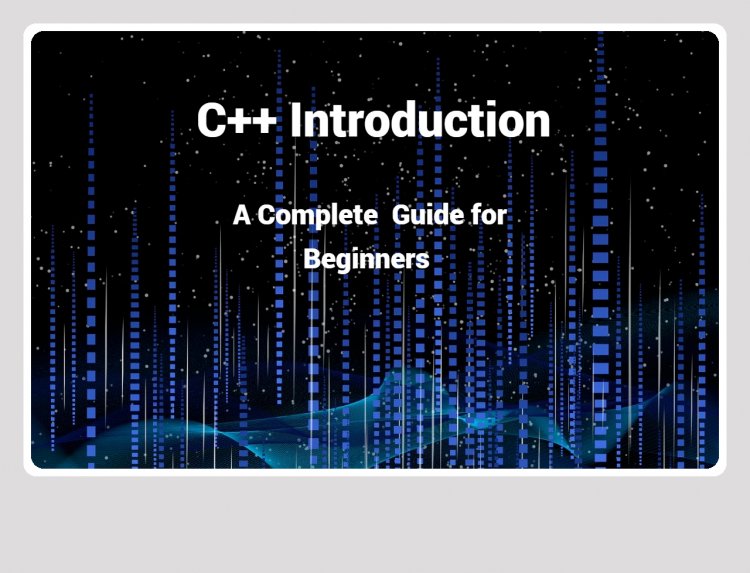How do I Learn C++? A complete Guide for beginners - w9school
C++, built from the code for the C language, is a strong and versatile programming language. It blends C characteristics with object-oriented programming (OOP) methodologies, making it appropriate for low-level system programming as well as high-level application development.

What is C++? |
|
Brief history of C++ |
|
The history of C++ dates back to the late 1970s and early 1980s. Here's an overview of the key milestones and developments that shaped the creation and evolution of C++: Late 1970s:
Early 1980s:
Mid-1980s:
Late 1980s:
Early 1990s:
Late 1990s and Beyond:
In summary, C++ emerged as an extension of the C programming language, incorporating object-oriented programming concepts and other features. Its journey from "C with Classes" to the fully-fledged C++ language has shaped modern software development and made it a vital tool for a wide range of applications. |
Why Use C++ |
|
C++ is a versatile programming language that offers a range of features and advantages, making it a popular choice for various applications. Here are some compelling reasons to use C++:
While C++ offers numerous advantages, it also requires careful memory management and coding practices to avoid potential pitfalls. Its versatility, performance, and ability to handle a wide range of tasks make it a powerful choice for developers working on diverse projects. |
Key Features of C++ |
|
C++ is a feature-rich programming language that combines the capabilities of the original C language with powerful object-oriented programming concepts and other advanced features. Here are some key features of C++:
C++'s diverse set of features empowers developers to create efficient, flexible, and high-performance software across a wide range of domains, from system programming to game development, scientific computing, and more. |
| It is not necessary to have any prior programming experience. |
Difference between C and C++ |
|
"C" and "C++" are both programming languages, but they have distinct characteristics, use cases, and features. Here's a comparison between C and C++:
In summary, while C and C++ share a common heritage, they have distinct features and are suited to different use cases. C is more suitable for low-level programming and applications requiring direct hardware access, while C++ offers a broader set of features, including OOP, and is used for a wide range of applications, from system programming to high-level software development. |
| Click Here to learn more about C++ syntax |
What's Your Reaction?




















